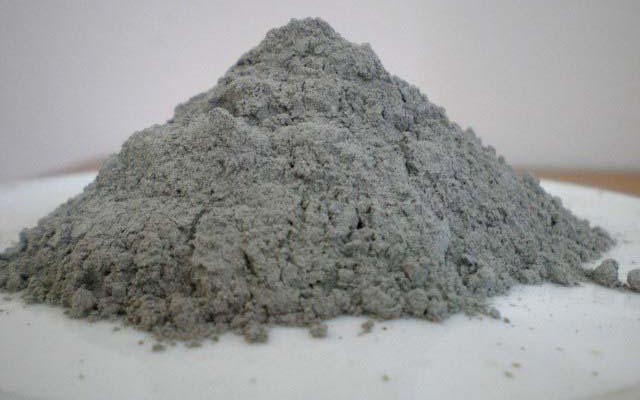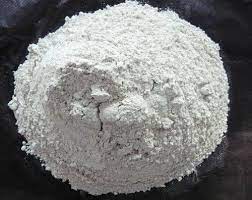Cementitious Materials
Cementitious materials are substances with the ability to harden and bind other materials together when mixed with water. Widely employed in the construction industry, these materials play a crucial role in the production of concrete. The primary cementitious material is Portland cement, manufactured by grinding clinker with gypsum. However, supplementary cementitious materials (SCMs) like fly ash, slag cement, silica fume, natural pozzolans, and others are often used to enhance concrete properties and sustainability. These materials can improve workability, reduce heat generation, increase strength, and contribute to environmental efforts by decreasing the reliance on Portland cement. The use of various cementitious materials reflects a commitment to optimizing concrete performance while minimizing environmental impact in construction applications.
Fly Ash
Widely used as a supplementary cementitious material in concrete, fly ash improves workability, enhances long-term strength, and contributes to the sustainability of construction by reducing the need for Portland cement.
Applications of Fly Ash:
- Fly ash, a byproduct of coal combustion in power plants, finds diverse applications in the construction industry, particularly in enhancing the properties of concrete. Widely utilized as a supplementary cementitious material, fly ash significantly improves the strength, durability, and workability of concrete structures.
- Its applications extend beyond concrete production, including use in brick and block manufacturing, road construction, structural fills, and even in innovative materials like geopolymers.
- One of the key advantages lies in its contribution to sustainability by reducing the environmental impact associated with traditional cement production. Additionally, fly ash offers cost efficiency, improved workability, and mitigates issues such as thermal cracking through its pozzolanic properties.
- Embracing fly ash in construction not only strengthens the end product but also aligns with eco-friendly practices, transforming a waste product into a valuable resource with applications ranging from mine reclamation to waste stabilization.

GBFS/GGBFS
The widespread use of GGBFS underscores its importance in sustainable and high-performance concrete construction, offering a valuable alternative to traditional cementitious materials.
Ground Granulated Blast Furnace Slag (GGBFS), also known as Ground Granulated Blast Furnace Slag (GBFS), is a byproduct of the iron and steel industry. Produced by quenching molten iron slag from a blast furnace with water or steam, it is then finely ground into a powder. GGBFS is a supplementary cementitious material widely used in the production of concrete.
Applications of GBFS/GGBFS:
- GGBFS, a byproduct of the iron and steel industry, significantly improves concrete properties as a partial replacement for Portland cement.
- It enhances workability, reduces heat of hydration, and increases long-term strength. Notably, it enhances durability, lessens environmental impact through sustainable practices, stabilizes soil for construction, and positively influences the performance of precast concrete products.
- Advantages include increased strength over time, reduced environmental impact, improved workability, potential cost savings, and enhanced chemical resistance.
- In essence, GGBFS is a pivotal material in achieving sustainable, high-performance construction.

